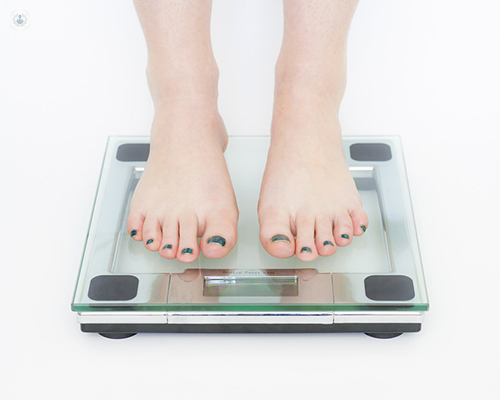Hypocaloric diet
Bryony Campion - Nutrition & dietetics
Created on: 11-13-2012
Updated on: 05-10-2023
Edited by: Sophie Kennedy
What is a hypocaloric diet?
A hypocaloric diet is that is low in calories. The main aim of a hypocaloric diet is to either lose weight in the short term or to help manage another condition, such as type 2 diabetes. Hypocaloric diets are sometimes known as very low calories diets (VLCD). These should be clinically supervised because the calorific intake is usually a third of the average intake (roughly 800 calories).

Why would you follow a hypocaloric diet?
A low calorie diet can help you to lose weight, but it is often not sustainable as weight gain will occur following a return to a normal diet. However, sometimes short term weight loss is required, for example:
- For surgery
- To prepare for fertility treatment
- To manage other health conditions, such as type 2 diabetes
There is some research that suggests that following a low calorie diet as part of a weight management programme can put people’s type 2 diabetes into remission, meaning that diabetes medication is no longer needed to control blood sugar levels.
What does a hypocaloric diet consist of?
A low calorie diet usually consists of 800 calories per day and often relies on meal-replacements, such as soups or special shakes, as well as smaller portions of normal food. A hypocaloric diet should be a short-term endeavour as it can be challenging to follow and can have the following side effects:
- Fatigue
- Dizziness
- Headaches
- Constipation or diarrhoea
- Cramps
- Dry mouth
- Hair thinning
In addition, a hypocaloric diet should also be followed as part of a wider long-term health strategy, followed with clinical guidance and support. If you have type 2 diabetes and adopt a hypocaloric diet, hypoglycaemia (low blood sugar) can be more likely, so it is important that you check your blood sugar levels more frequently than usual.
Your specialist should give you support on meal plans and some meal-replacements can even be given on prescription.
Preparation for a hypocaloric diet
Before carrying out a hypocaloric diet it is important to contact a specialist as this type of diet should only be followed with clinical support, as part of a longer-term health plan.
Aftercare
After finishing a hypocaloric diet it is important to return to a healthy, balanced diet.
